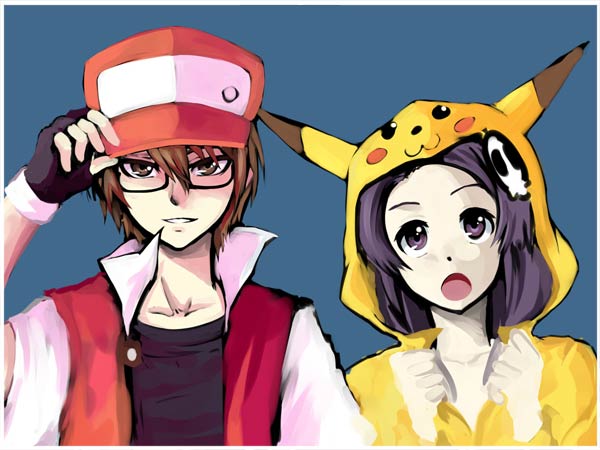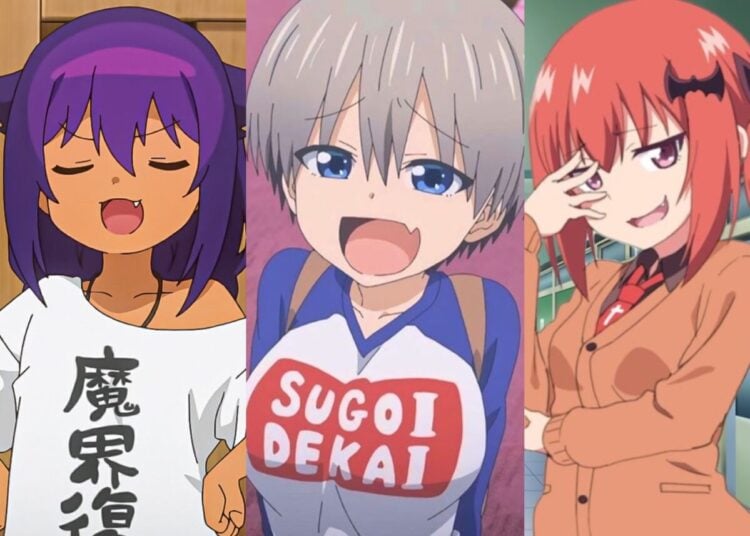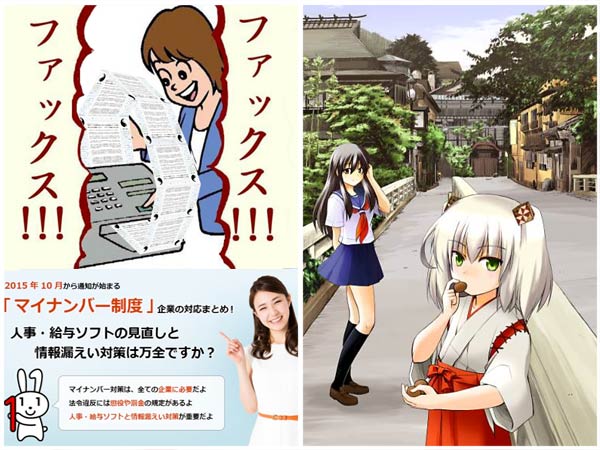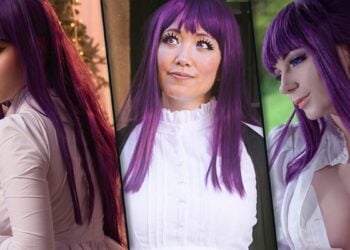We hope you’re enjoying the all-new J-List website. Just a reminder: certain products like magazine and snack subscriptions, iTunes cards and game downloads are still not up, but will be soon. For English visual novels and eroge via download, please visit JAST USA.
Although I didn’t set out to raise my kids to be otaku, the combination of me being in the anime industry and the general attraction of Japan’s pop culture ended up making them that way. The word otaku, of course, is an almost awkwardly polite word meaning “you and your family,” though it the late 80s it took on its new meaning of extreme aficionado of anime/manga/game culture, perhaps (according to one theory) because the word is common in the local dialect of Tottori Prefecture, where one of the founders of Gainax came from. I asked J-List’s Facebook page followers if they had any questions about raising half-Japanese otaku kids in Japan, and got some interesting responses.
Did your kids get treated differently in school?
While Japan is a very homogeneous place, being of mixed race isn’t that rare these days. There were kids who were half Filipino, plus children who came to Japan as refugees from Vietnam and Bangladesh. Obviously school will involve some ijime (bullying), and I remember my daughter telling me about a boy who said “I can’t understand you, you’re speaking English!” when she talked to him in Japanese, but it wasn’t that much of a problem.
What’s it like being an otaku in a Japanese school?
Like everything else, the situation is always changing. Here basically everyone grows up watching anime and reading manga because that’s what all their friends are doing. Then around high school they’ll either move away from otaku culture (to sports or the opposite sex) or closer towards it, depending on which direction their circle of friends are heading.
I’m honestly surprised at how mainstream many aspects of otaku culture have become. When I visited my son’s final school festival of high school, many of the classes were running anime-themed events, like an Attack on Titan cosplay cafe. My “otaku” son joined the university golf circle and the long-distance cycling club. So he’s leading a pretty balanced school life, even though he attends otaku events in Tokyo, too.
If it’s not too personal a question, did you find that they wanted to identify as one or the other culture, or were they fully across being both?
My wife and I definitely set out for them to be 70%-30% on one side or the other, so they’d have an anchor in their lives, whether it was Japan or the U.S. I’ve known people who were “exactly” haafu, split right down the middle, and they had issues knowing where they belonged. My son is quite Japanese, and unless I’m with him most people can’t tell he’s part American, and my Taylor Swift-loving daughter is much closer to me in appearance and mannerism.
Which do they prefer, dubbed or subbed?
Since they were raised in Japan, they’d answer “subbed” I’m sure. Though I played a great trick on them when they were young. They found my Rayearth DVDs and wanted to watch it, so I pretended there was only an English dubbed track, no Japanese audio on the discs. I’m positive their intense desire to understand the show helped them learn English. Later on they’d collect Pokemon and Yu-Gi-Oh cards from both countries and compare them.
Do they like anime more than western animation? Is there such a thing as a western animation otaku in Japan?
I made sure to raise my kids to know the important elements of American animation culture, from Scooby Doo to Schoolhouse Rock, plus they latched on to whatever they saw on TV while visiting the U.S., like Spongebob. Yes, there are many fans of American animation in Japan. J-List’s Sailor Moon buyer taught herself English from watching Family Guy, American Dad and The Simpsons.
Your family life sounds like an anime plot.
Yes, I even have a name for the 4-koma comic based on my family, called おたくのパパは外国人 otaku no papa wa gaikoku-jin, or Your father is a Foreigner, with an otaku joke inserted.

J-List’s kanji T-shirts are an otaku institution, and have brought fans much joy over the years. Now we’ve got a new item just for you: custom printed Japanese hachimaki headbands that say 日本人彼女募集中 nihonjin kanojo boshuchu, which means “Now accepting applications for a Japanese girlfriend.” A fun item for anime conventions or a Holiday gift!
















